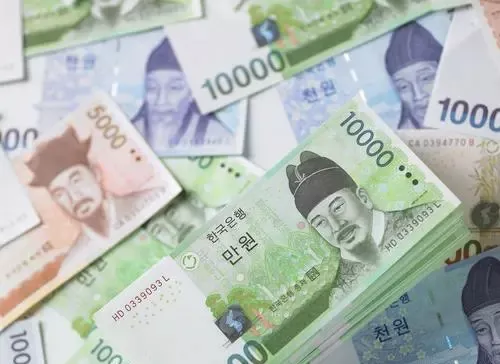ING Bank economist Robert Carnell and others said in a report that despite the slowdown in South Korea’s overall inflation, the Bank of Korea is likely to maintain a hawkish policy until early next year to curb price rises.
Stabilization of gasoline and fresh food prices in South Korea, as well as a relatively high base of comparison from last year, may have contributed to a slowdown in inflation to 5.0 percent in November from 5.7 percent in October.
But the slowdown in the data is unlikely to allay the Bank of Korea’s concerns as core inflation, which strips out volatile energy and food prices, remains high. The Bank of Korea raised interest rates by 25 basis points to 3.25% last week and signaled further hikes are on the way.


























